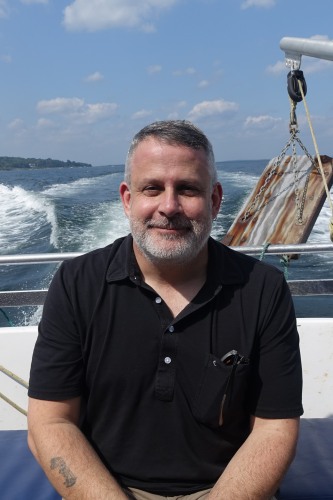Capital News Service
Climate action moves forward despite Trump’s policy rollbacks. Will it be enough?
Professor Baylor Fox-Kemper recently offered commentary on the clean-energy economy and climate change. “The transition toward a clean energy economy is well underway, and that’s happening all around the world,” Fox-Kemper said.
Read Article
